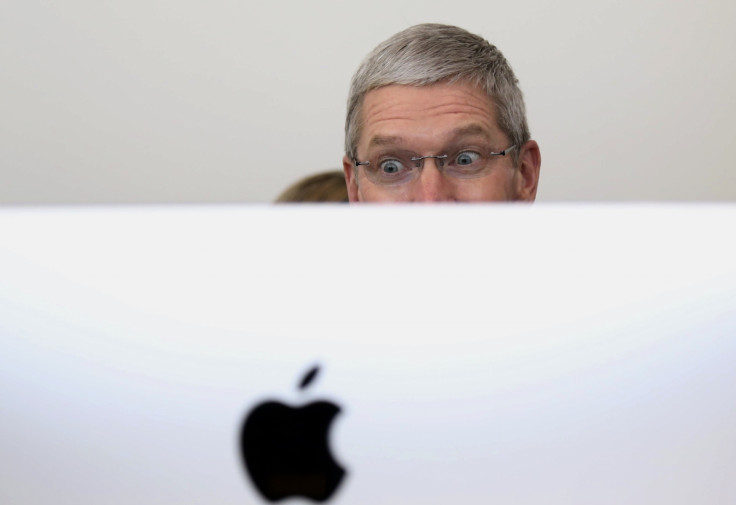Don't panic! Apple boss asks staff for calm as 2017 updates promised for ageing Macs
Internal note to Apple staff recognises media criticism of ageing Macs, but promises major updates next year.

After a year of no updates to Apple's desktop computer range, and with consumers and critics alike starting to lose hope, chief executive Tim Cook has reassured his staff that "great" updates are coming in 2017.
At the time of publication, the iMac has not received an update for 434 days, far longer than the product's average update cycle of 317 days. But things are far worse for the Mac Mini (796 days since an update, almost double the average) and the Mac Pro, which has not been updated for 1,097 days, well beyond the 449-day average, as calculated by Mac Rumors.
The major delay in Mac Pro updates are a particular embarrassment for Apple after company executive Phil Schiller declared, at the June 2013 launch of the computer: "Can't innovate anymore, my ass", in response to 18-month gap between this and the previous Mac Pro.
Posts on an internal message board between Cook and Apple staff, leaked to TechCrunch, seek to reassure the California workforce that new Macs are coming soon, and they will answer the media's criticism. "The desktop is very strategic for us... there are many different reasons why desktops are really important, and in some cases crucial, to people," Cook said.
The Apple chief executive added: "Some folks in the media have raised the question about whether we're committed to desktops. If there's any doubt about that with our teams, let me be very clear: we have great desktops in our road map. Nobody should worry about that."
Although still a hugely successful company thanks to massive iPhone sales, Apple's Mac range needs to restore public confidence in the firm's ability to both innovate and please reliable customers eager to upgrade. The recent MacBook and MacBook Pro launches went down well, but were criticised for high prices (partially a result of Brexit-related currency fluctuations in the UK), and the decision to ditch all ports in favour of USB-C.
New and rare among most hardware (for now), USB-C is technologically superior to the ports it has replaced, but at the cost of forcing Mac users to invest in expensive dongles, adapters and new cables to attach their existing hardware to the new MacBooks. Even the new iPhone 7 requires a different cable to plug into the latest Apple laptops.
On the note of a lack of port variety, Cook claims in his note that desktop Macs boast "a greater variety of I/O [ports]" than the company's laptops. This would suggest the iMac, Mac Mini and Mac Pro ranges will not go the same way as the MacBooks and replace everything with USB-C. Although perhaps a relief to some buyers, this would surely be branded a backtrack by critics if it were the case.
© Copyright IBTimes 2025. All rights reserved.





















